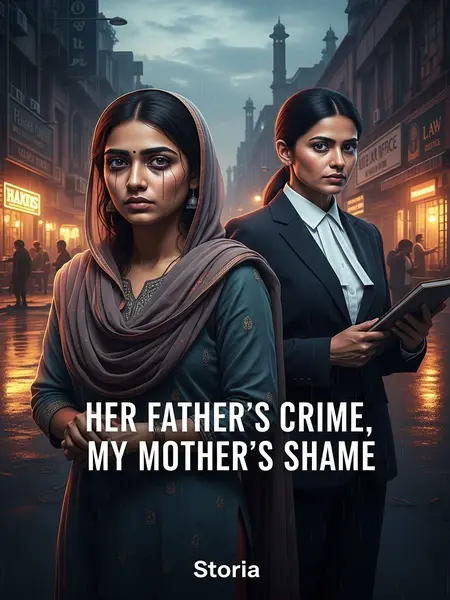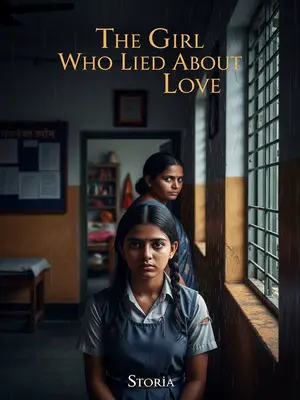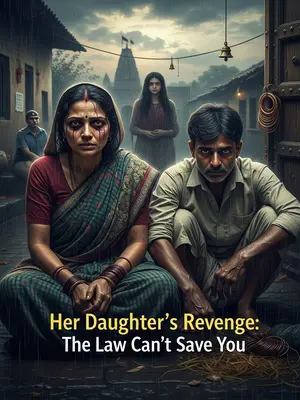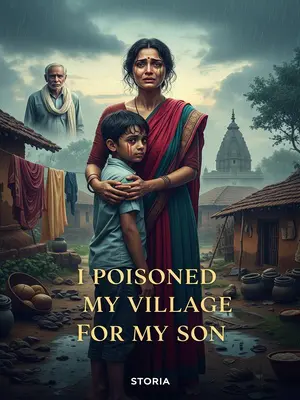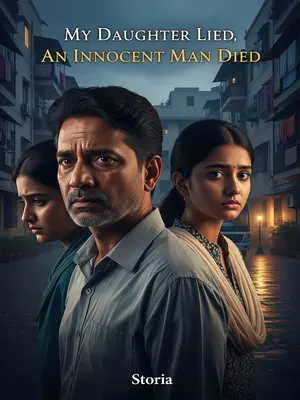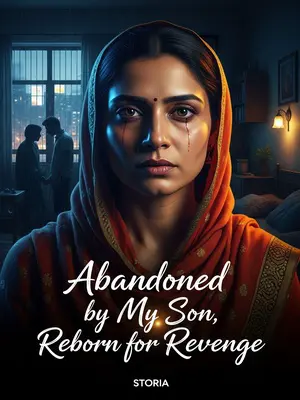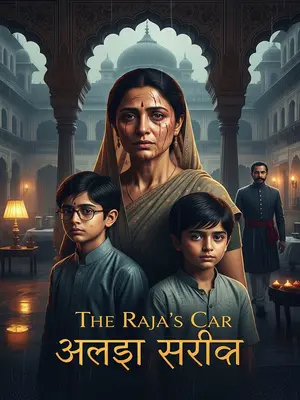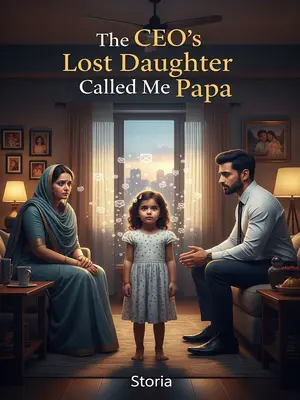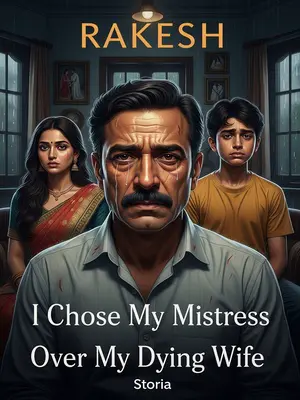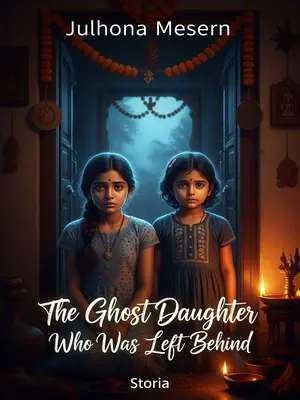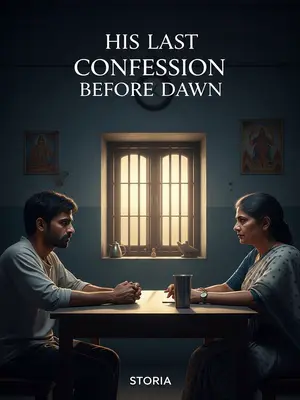Chapter 5: Grief and the Unanswered Questions
Meera’s eyes were brimming with tears as she spoke up to this point.
She wiped her face quickly, embarrassed, dabbing at her eyes with the corner of her scarf. Her voice trembled, but she forced herself to continue, unwilling to let emotion silence her now.
I said, "That’s a very moving story—and indeed, quite strange."
I poured her another glass of water, letting her take her time. The room was silent except for the hum of the ceiling fan and the distant shouts of street vendors outside. In my mind, her story played out like an old black-and-white film—grainy, haunting, unresolved.
But as far as I could recall, my colleague never mentioned any explosion accident related to this case.
I frowned, mentally scanning the pages of the case file, trying to match her memories to the official record. There was no mention of a factory explosion, no hint of a tragedy that could have set off the chain of events she described.
Given that what Meera described happened in 1996, several years before the case, I didn’t object.
In India, history has a way of bleeding into the present—old wounds rarely stay buried. Still, it was odd that such a major incident had been omitted from the legal documents.
But to be safe, I still needed to check the case files.
I stood up, stretching my legs, signalling to the intern at the door. “Aman, zara woh file le aa, jaldi.”
Meera’s gaze followed me. "Advocate Rajeev, do you think my father did something wrong?"
Her voice was small, almost childlike, as if she was five again, clutching her father’s hand in the dark. The question was not for me, but for the world—for some reassurance that innocence can still be believed.
I returned to my seat and said, "It doesn’t matter what I think. I’ve only heard your side of the story, so naturally I empathise with you and feel your father did nothing wrong. But if you think carefully, there are some inconsistencies."
I kept my tone gentle, but firm—like a schoolteacher guiding a favourite pupil through a difficult lesson.
"What inconsistencies?"
She leaned forward, her eyes wide with anxiety. I took a deep breath, choosing my words with care.
The key question is: Why did your father go to the warehouse at midnight?
I paused, letting the question hang in the air, hoping she would consider it from every angle.
"Obviously, you hope your father went to steal crackers for you. Even if it means bearing pain and guilt, at least it makes his actions seem pure. But your father stealing crackers for you doesn’t quite add up. Was there any special occasion in your family at that time?"
I watched her closely, searching her face for clues, for any sign that the answer might be simpler than it seemed.
"No."
Her answer was immediate, certain. There was no festival, no birthday, no reason for celebration.
"There was no celebration, and it was still three months until Holi. So why steal them then? You might think maybe he wanted to prepare early—that barely makes sense, but let’s set that aside. If he stole crackers for you, could you even use them? The town is small; everyone knows your family can’t afford crackers, and crackers aren’t like ordinary goods—you can’t use them secretly at home.
If you burst crackers, people would get suspicious, especially the workers who disliked your father. From your description, your father was cautious and intelligent—he would have realised this and wouldn’t have acted so rashly.
So, if your father really went to steal crackers, it probably wasn’t for you, but for some other reason. The workers’ theory makes more sense: as a quality inspector, your father could mark good products as defective, store them in the warehouse, and look for a chance to sell them out of town. If that’s true, then he did do something wrong.
But if your father didn’t go to steal crackers, then there probably wasn’t any mislabelling. But if not to steal, what was he doing at the warehouse so late? If it was something good, why not do it openly during the day?"
I watched as Meera’s face darkened, her fingers twisting the edge of her dupatta again. Her silence spoke volumes—a war of hope and doubt raging inside her.
Meera said, "Advocate Rajeev, I thought the same as you back then. Because we can’t imagine how complicated things in this world can be."
Her voice was firmer now, as if steeling herself for the truth she was about to share. I nodded, signalling for her to continue. Outside, the honking of rickshaws and the shouts of street hawkers returned, but inside, time seemed to pause, waiting for her next words.
"Alright, go on."
I reached for my pen, suddenly aware that this was no longer just a legal aid case, but the beginning of a story far stranger, and perhaps far sadder, than I had ever expected.
Outside, the city moved on. Inside, I realised I was about to step into a darkness that no file or law could prepare me for.
